Referring to the meeting of the NATO-Ukraine Council yesterday afternoon, FM Szijjarto mentioned the controversies surrounding it, stressing that the accession of the Eastern European state would not strengthen the alliance, as opposed to previous enlargements, but rather weaken it, because its members hold different views, even if some do not dare to openly admit it.
Nor, he said, would Ukraine's accession strengthen the military alliance's defensive character, as it would risk an open war between NATO and Russia.
"So when we Hungarians joined NATO together with our Central European friends - the Czechs and the Poles - our accession strengthened NATO, its unity, and its defensive character, but neither can be said of a possible Ukrainian entry," he stressed. "We ask the alliance and all our allies, of course, to be extremely circumspect and cautious when discussing Ukraine's possible NATO membership," he added.
According to Mr. Szijjarto, the fact that, in terms of the Ukraine war, the use of diplomatic channels and dialogue has lost its legitimacy in international organizations is a serious contradiction. It is intolerable, especially in light of the fact that half the world wants to force Israel to start negotiations with Hamas to resolve the Gaza crisis.
So they want to get a state, Israel, to negotiate with a terrorist organization to resolve a security-oriented crisis. However, when it comes to the Ukraine war, they sever diplomatic relations, shut down communication channels, and if someone says "let's negotiate," they are immediately stigmatized,
– FM Szijjarto emphasized.
"This is so strange, so contradictory, that one wonders if there is something going on in the background that we don't know about. Is it not the case that negotiations are underway in the background but, in order to cover them up, they react hysterically to any suggestion that there is a need to negotiate?"
FM Szijjarto said these doubts were only reinforced by recent data showing that US-Russian trade in May was up 50 percent, compared to a month ago.
He pointed out that Russian exports to the United States continue to be driven by uranium sales, which is interesting because Washington is trying to pressure Europe to end its nuclear cooperation with Russia
"So there are grave contradictions: Israel should negotiate with Hamas but there should be no talks regarding the Russia-Ukraine war. In the meantime, trade turnover between the US and Russia is on the rise, so sometimes you wonder if there is something going on in the background that you don't know about," he said.
We will continue to argue for dialogue and the activation of diplomatic channels, because apparently the strategy pursued by the North Atlantic, European world for two and a half years now has completely failed. The arm deliveries have only increased the number of weapons, while more and more people are dying in the war. Unfortunately, the risk of a brutal escalation is looming, with gruesome scenes unfolding on the front line, so after the failure of the last two and a half years, perhaps we should opt for a different strategy, one that's defined by a revival of diplomatic relations and dialogue,
– FM Szijjarto concluded.
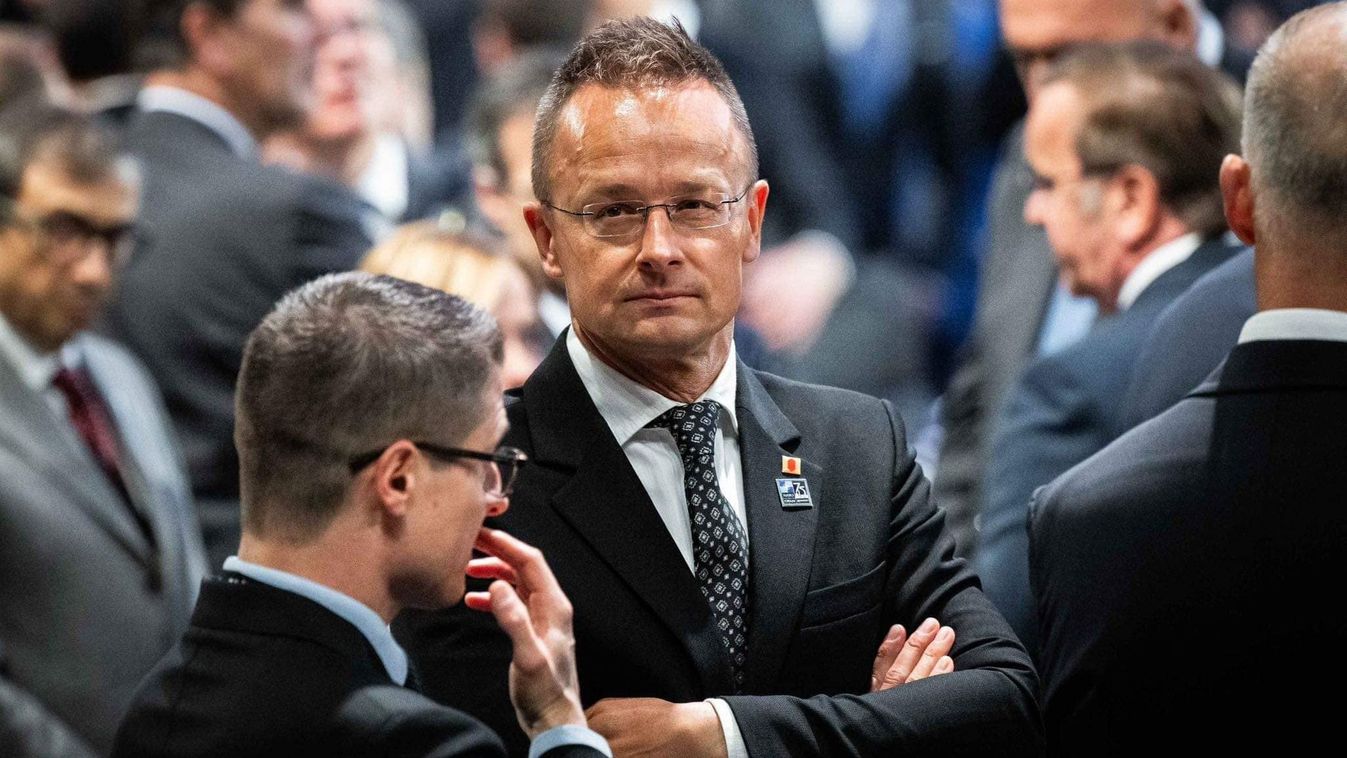
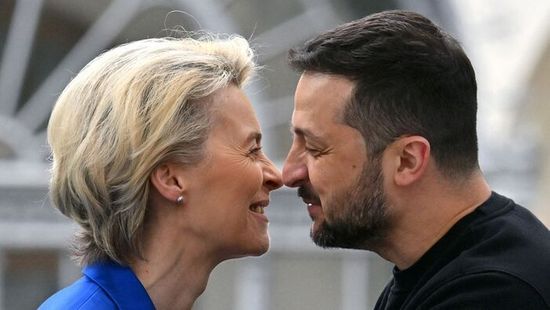
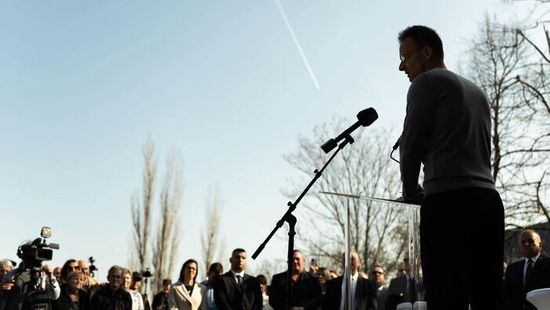
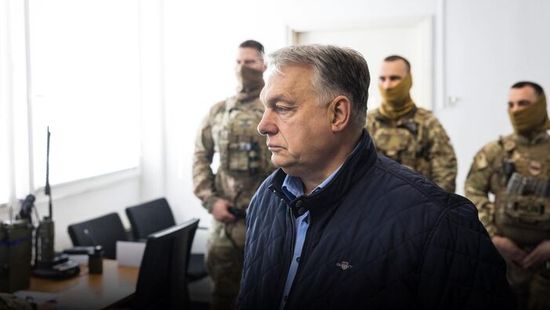
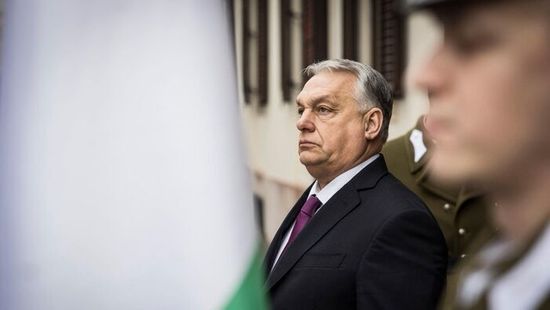

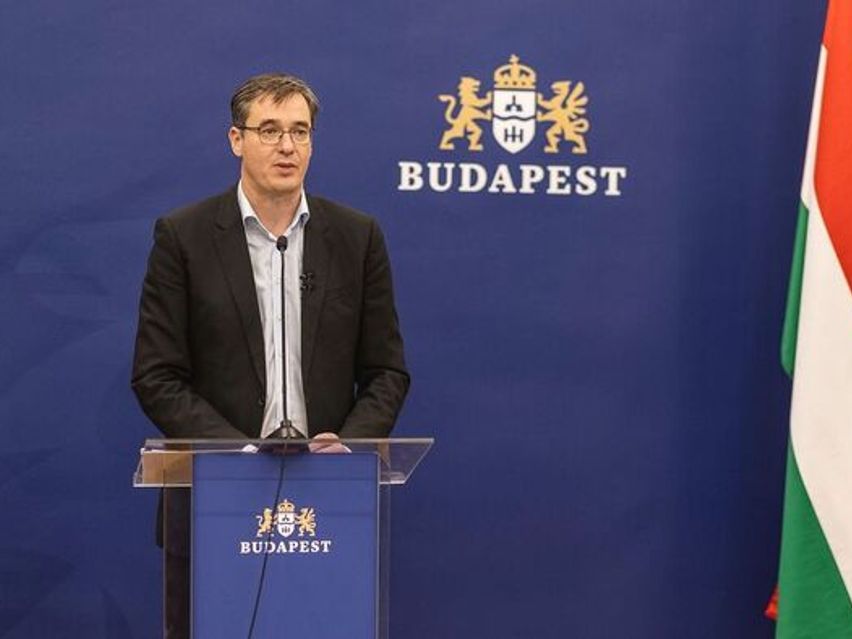
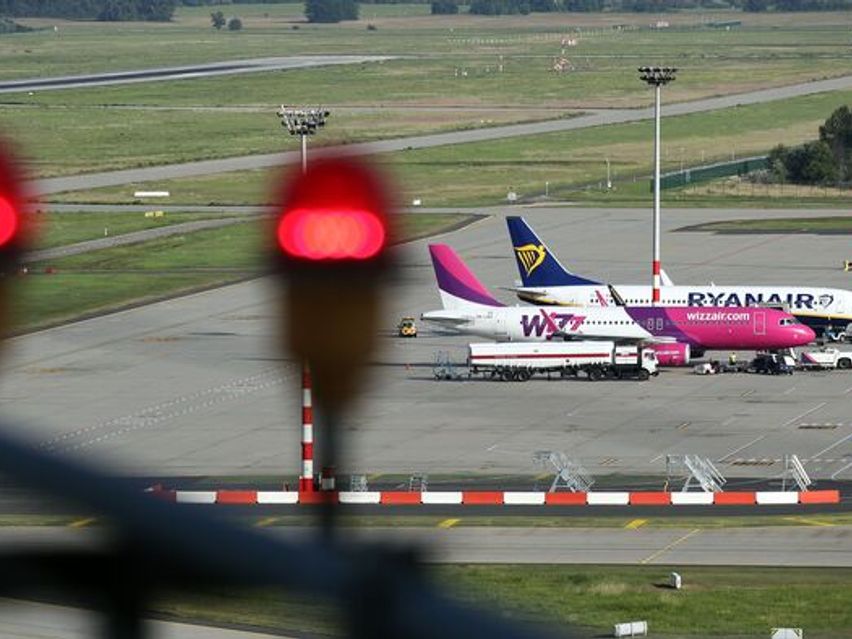
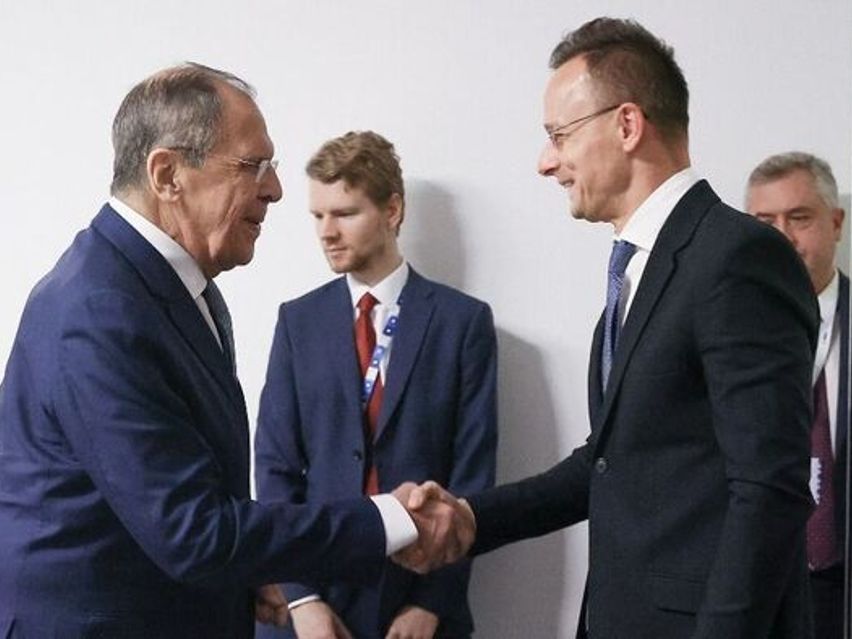
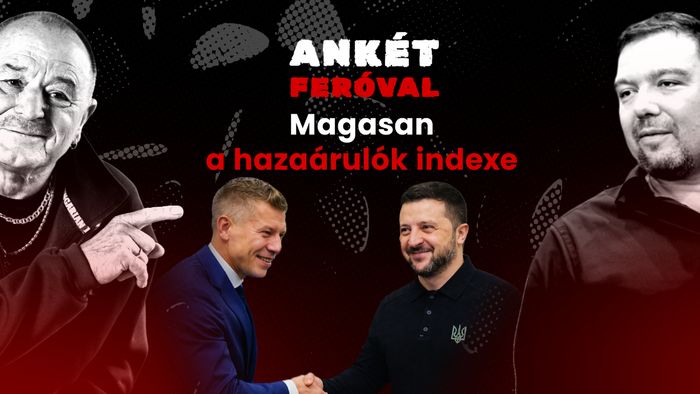


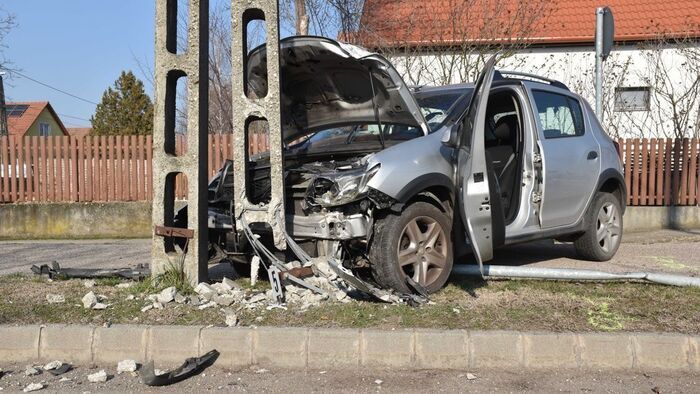

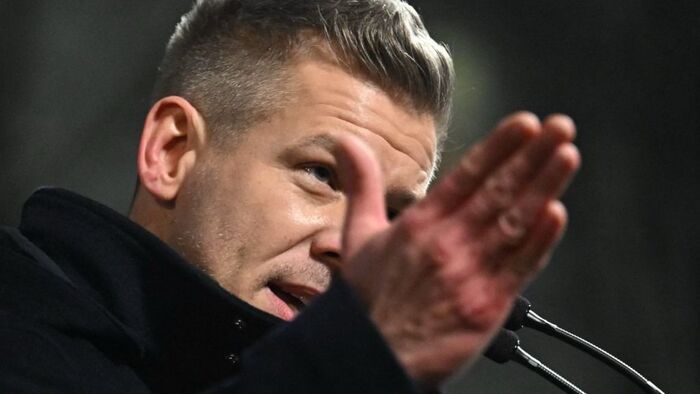
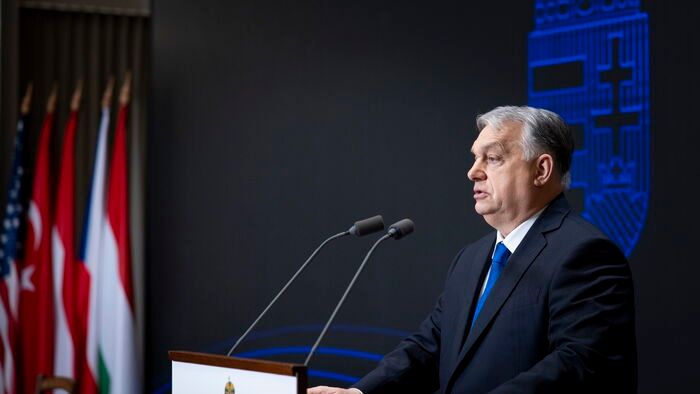
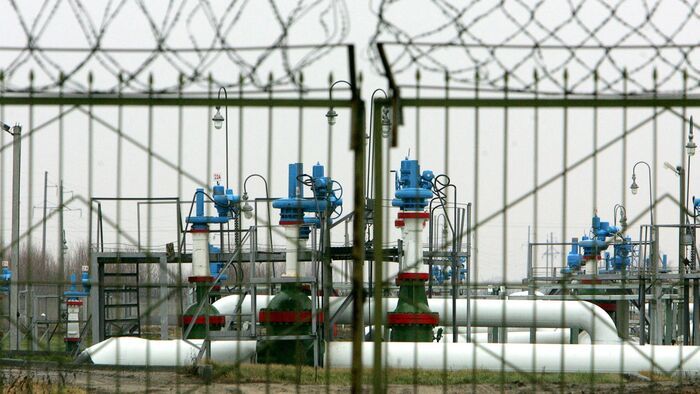






Szóljon hozzá!
Jelenleg csak a hozzászólások egy kis részét látja. Hozzászóláshoz és a további kommentek megtekintéséhez lépjen be, vagy regisztráljon!